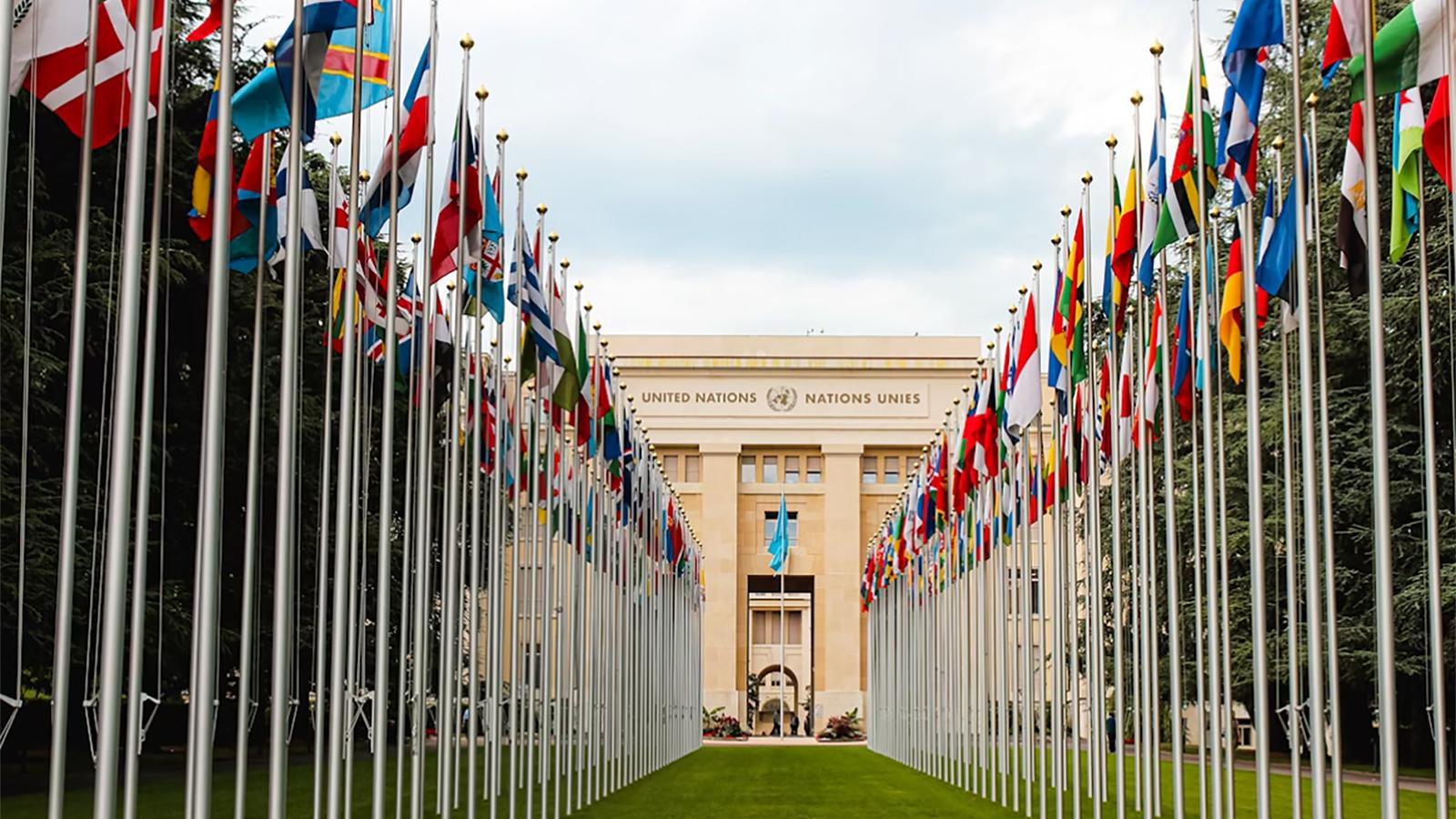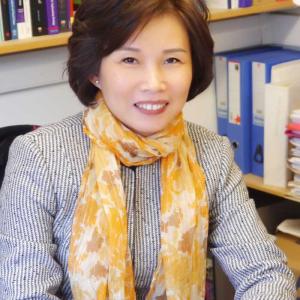Will the United Nations have another 80 years?
On the 80th anniversary of the United Nations, we are compelled to ask a serious question: Will the UN have another 80 years ahead of it?
My answer is a clear and confident yes.

Over the past eight decades, the UN has taken on some of the most difficult and essential tasks facing humanity: peacebuilding, humanitarian relief, climate action, and the promotion of inclusive and sustainable development. In many of these areas, the UN has proven to be not only well-positioned but indispensable. Whether responding to natural disasters or to conflicts, the UN has consistently shown its capacity to coordinate and act. The UN and WHO also played an important role in facilitating the distribution of PPE and vaccines during the Covid-19 pandemic.
We’ve witnessed its power in bringing together nearly 200 countries to negotiate climate agreements, advance human rights, and tackle global health crises. In a world increasingly defined by polycrisis — overlapping and compounding challenges — the need for the UN is greater than ever. There is no other organization with the same convening power, moral authority, and commitment to justice and equality. The UN insists on treating every nation and every person with dignity, striving to leave no one behind.
I have been working with several UN agencies such as UNDESA, UNCTAD, UNIDO, ILO, ITU, and UNEP since 2008 — as a member of advisory boards of HLAB, TFM, Tech Bank, expert group meetings, and as a reviewer and consultant for UN reports. I’ve witnessed both the strengths and limitations of the UN system.
I’ve seen first hand the rigorous effort that goes into producing evidence-based reports, the commitment to listening to multi-stakeholder voices, and the openness to absorbing meaningful research and new ideas. The UN strives to be inclusive, thoughtful, and forward-looking. Yet I’ve also seen its frustration: while it can offer guidance, share best practices, and advocate for change, the actual adoption and implementation of policies depend entirely on the political will and capacity of member states.
The UN’s development agenda: vision and reality
One of the UN’s most ambitious undertakings has been its leadership in global development. From the Millennium Development Goals (MDGs, 2000–2015) to the Sustainable Development Goals (SDGs, 2015–2030), the UN has provided a shared framework for tackling poverty, inequality, environmental degradation, and conflict.
The SDGs comprise 17 interconnected goals and 169 specific targets. These goals range from ending poverty and hunger, ensuring good health and quality education, achieving gender equality, and providing clean water and sanitation, to promoting affordable clean energy, decent work, and resilient infrastructure. They also include reducing inequalities, building sustainable cities, encouraging responsible consumption, taking urgent climate action, protecting life below water and life on land, strengthening peace and justice, and revitalizing global partnerships.
This is a bold and comprehensive agenda — but progress has been uneven and unsatisfactory. According to recent UN reports, 47% of the targets are stagnant, 18% are regressing, and only 35% are on track or show moderate progress after a decade. These figures are deeply concerning and call for urgent action.
Charting the future: what the UN can do better
To remain relevant and effective, the UN must reform or even re-set.
To chart a stronger future, I believe the UN should:
- Prioritize urgent and high-impact goals. Focus resources on goals that address immediate global threats like climate change, conflict, and major yet common challenges like inequality, employment.
- Leverage interlinkages among goals. Tackle goals that have great interlinkages with other goals — such as inequality (including poverty, education, health, gender, and inclusive economic growth), climate change, and digital transformation to drive systemic breakthroughs within linkage effects.
- Turning challenges into opportunities. Emphasize turning challenges into opportunities, in areas such as climate change, population aging, technological progress, ocean economy.
- Empower country and regional offices. Shift operational outreach closer to communities while keeping headquarters focused on diplomacy and global development policy and strategy.
- Streamline internal coordination. Reduce duplication across agencies, improve communication, and mobilize resources more efficiently.
- Transform into a global knowledge hub. Make better use of the UN’s data, expertise, and human capital to support capabilities building and evidence-based policymaking worldwide. Actively use AI and other digital technologies to empower this process so that it is a global knowledge hub for the future.
- Modernize communication and engagement. Step up its use of digital technologies/platforms and storytelling to connect with younger generations and build public trust.
These steps would not only improve the UN’s effectiveness but also reaffirm its role as a catalyst for global cooperation.
Managing expectations
Is the UN almighty? Can it solve all the world’s problems?
No — and it was never meant to. The UN is not a global government. It does not possess political, administrative, or economic power over its member states. What it offers is a platform: a space for dialogue, cooperation, and the exchange of ideas. It helps identify and disseminate best practices, advocates for shared values, and facilitates collective action.
The real work — the development of bespoke development and foreign policies and strategies and the implementation of them — lies with national governments. We must manage our expectations accordingly.
Imperfect, yet indispensable
Some have told me, “The UN is inefficient”. There is no doubt that reform and reset is needed. Some said, “There are some bad politicians at the UN.” That may also be true. Not everyone who walks through its halls shares the same values or intentions. But even when we disagree — even when collaboration seems impossible — the UN remains the one place where engagement is still possible. It is the only global institution that consistently strives to find common ground, resolve disputes, and promote peace and development.
In a fractured world, that effort alone is invaluable.
Professor Xiaolan Fu is a member of the United Nations High-Level Advisory Board on Economic and Social Affairs (HLAB).
Acknowledgement: I am grateful to the inspiring conversations and discussions that I have had at the UN High Level Advisory Board for Economic and Social Affairs meeting in New York.

